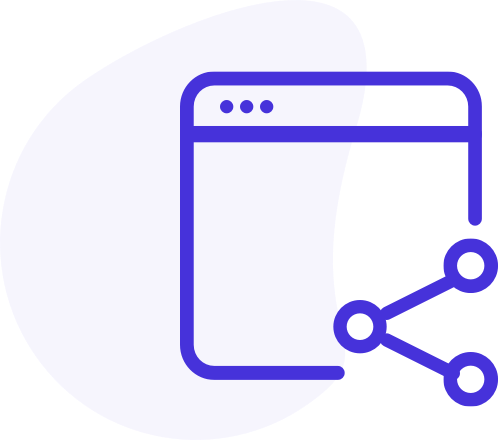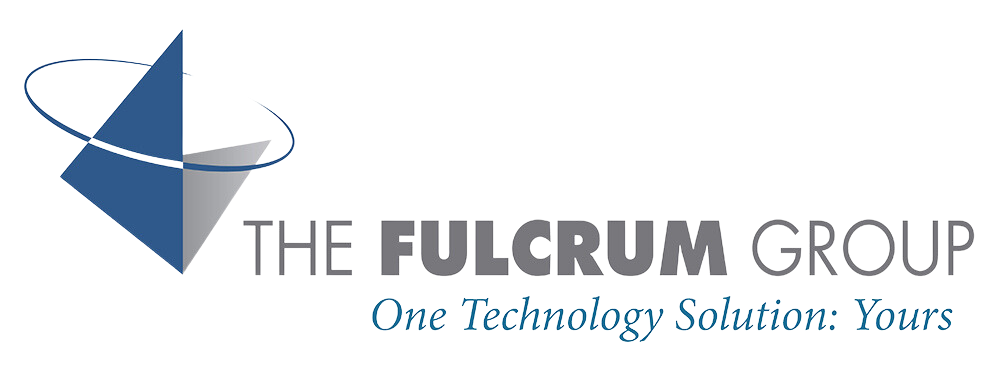
Youll be impressed what a vCIO can do
What should a quality vCIO provide to a Small or Medium sized organization?
A strong vCIO should be able to educate a leader, with just understanding for the executive to make smart technology decisions.

Risk management
People like to highlight cybersecurity but it is one of many organizational risks. A good vCIO will consider cybersecurity and compliance efforts in the same vein with all organizational risk.

Innovation and change management
It is difficult to be an agent of change. People generally fall into routines and do not like change. Besides being able to idealize new ways of doing things, success also includes help in the culture embrace those changes. for their own good.

Budgeting and resource management
No organization has unlimited time or money. A vCIO would look for ways to deliver the desired results within the constraints of the organization. Expertise in leadership, team management, project management or vendor management skills could potentially save thousands and thousands of dollars.

Business acumen
Stay abreast of market segment trends, understand what competitors are doing and be able to translate business needs into decisions or approaches, technology solutions or processes.

Strategic vision
Seek to understand the business context first, then align IT strategies with the overall business direction. Focus innovation on priority areas and perhaps take advantage of emerging technologies or trends. Our network assessment template includes a current capabilities review of areas such as cloud, applications, Microsoft 365 environment, network and server infrastructure, cybersecurity and business continuity, to name a few.

Communication skills
The ability to ask questions, take notes and develop plans help the CEO to vCIO relationship to succeed. There could be the need to manage a service manager, technical employees, third-party vendors and possibly develop training plans to prepare end-users for coming changes.
Hear from the leading Manage IT Provider
How does the Fulcrum Group handle the vCIO services?
count on us
Our team has multiple people capable of assisting with vCIO needs, in-house. Their skills and experiences vary, but they’ve all worked hard to right-size their efforts and costs to be appropriate for smaller local government (especially cities/towns), nonprofits and service organizations.
Thourogh Assessments and Iniatives
We use our Network Assessment questions to understand your current capabilities and current network design, and create a snapshot in time, to contrast with maturity levels and best practices,
A more technically Gap Assessments would be more focused on more immediate performance issues, single points of failure, improper configurations as part of the network stabilization initiative,
your Technology road map allign to your goal
We employ the creation of logical network maps, application and data workflow maps and technology roadmaps to establish concepts. We developed these deliverables originally to assist our managed services Service Desk ramp up on new clients, but these Visio drawings also seem to assist non-technical executives visualize their own technologies,
Best Practices
And we regularly employ metrics to assist us with understanding the impact of our efforts in guiding us on a continuous innovation journey and maintaining leverage in network operations.


What you don't know will give you a lesson the hard way.
Why do I need a virtual chief information officer (vCIO)?
A vCIO and an owner or top executive must enter into a long-term partnership. Key to the relationship is harnessing business knowledge in context and aligning to a technology strategy. Only by true peer–to–peer collaboration, can you hope to co-create the results you are after. This should include a regular meeting rhythm, trust and clear communication channels.
vCIO needs to understand timelines, budget, concerns, risk tolerance and maybe even specific metrics or other measures for success.
people like to highlight cybersecurity but it is one of many organizational risks. A good vCIO will consider cybersecurity and compliance efforts in the same vein with all organizational risk.
A vCIO must know where the organization is headed. A key process is to take a snapshot of where the organization is today, develop a roadmap of where the organization wants to be down the road and then prioritize the activities to move from point A to point B successfully.
vCIOs must have some sense of the 4-7 most important processes for the organization and why. Usually a small business owner or a high-impact team member can provide great insight on how things are set up, why they are that way and what’s needed to improve.
Lorem ipsum dolor sit amet, consectetur adipiscing elit. Ut elit tellus, luctus nec ullamcorper mattis, pulvinar dapibus leo.
We strive to make our clients happy, no IT Jerks
So, let's be happy together

